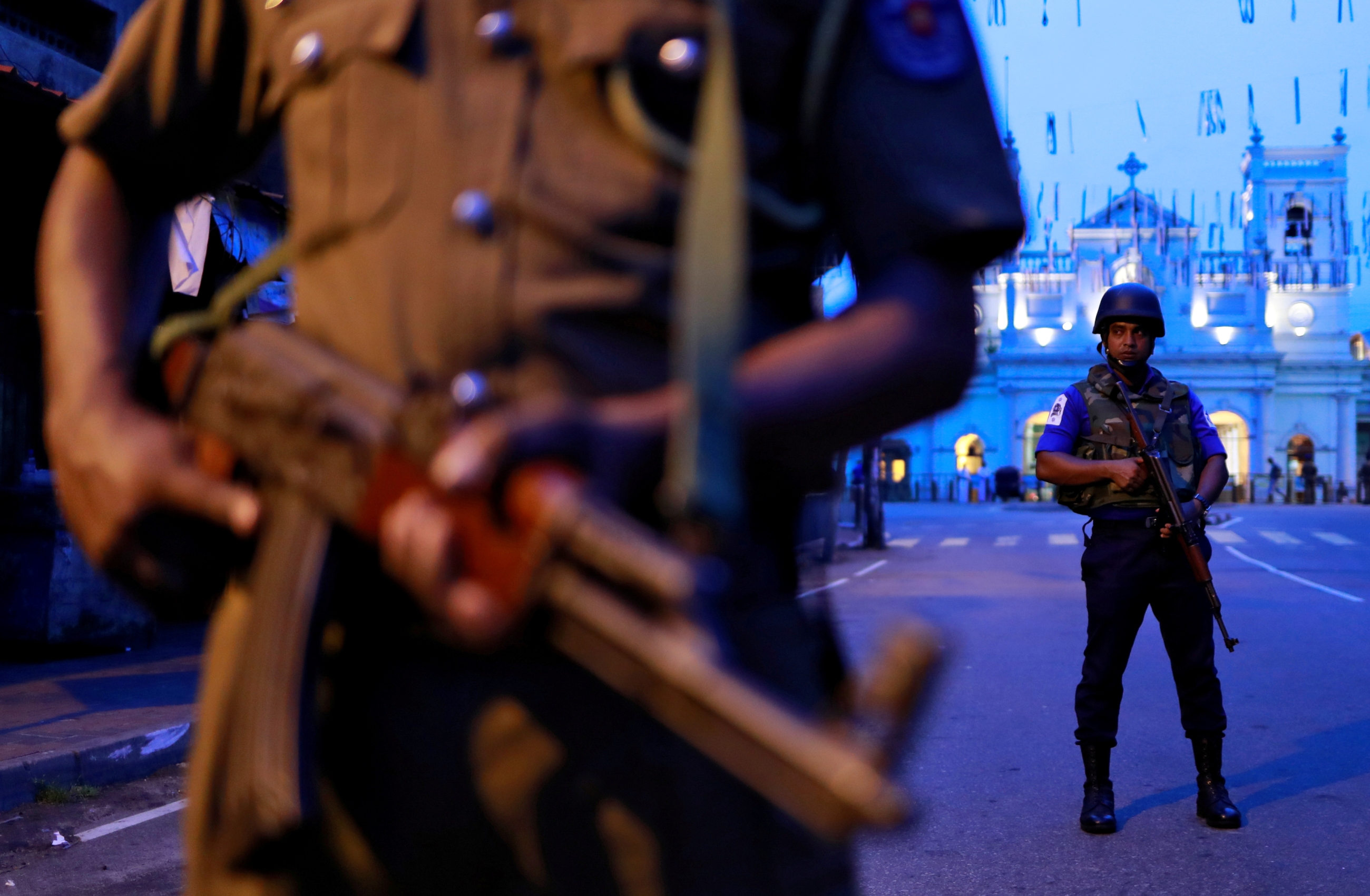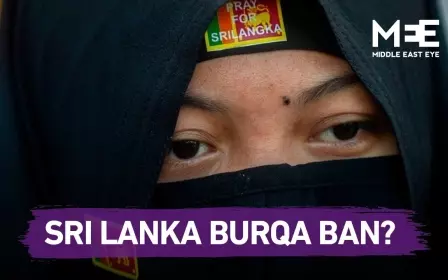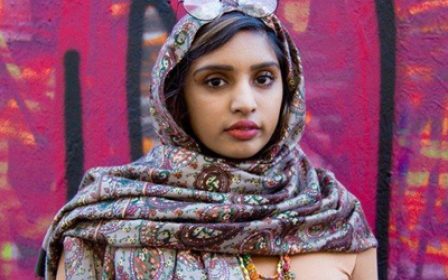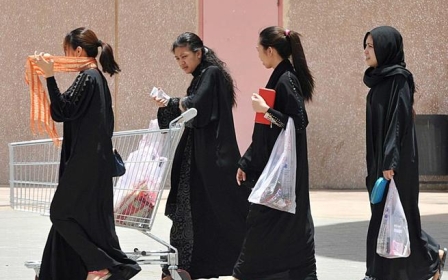Saudi Arabia extradites five Easter Sunday bomb suspects to Sri Lanka

Saudi Arabia has extradited and handed over five Sri Lankans suspected of having links to the Easter Sunday bombings that killed more than 250 people, Sri Lanka's police said on Friday.
Sri Lankan police officials refused to provide details of how the five had been arrested but said that they were holding the suspects after being picked up in the Saudi city of Jeddah.
"These are the five remaining leaders of the 21 April terrorist group," police spokesman Ruwan Gunasekera told reporters.
'These are the five remaining leaders of the 21 April terrorist group'
- Ruwan Gunasekera, police spokesman
The Islamic State group claimed responsibility for the attacks. Local authorities said that two domestic militant groups - the National Thawheedh Jamaath (NTJ) and Jamathei Millathu Ibrahim - carried out the attacks.
Police declined to give information about the nature of the five suspects' alleged roles in the attacks but said one of them, identified as Mohamed Milhan, was a senior member of the NTJ.
"He could have been the next leader," Gunasekera said.
Authorities have arrested more than 2,000 people in connection with the attacks. Though courts have released most of them on bail, 634 remain in detention.
Colombo has banned Muslim women from wearing the face veil in response to the attack.
Sri Lankan President Maithripala Sirisena introduced the ban on Monday and said it was part of an emergency law to ensure national security in the country.
Critics of the ban, however, have said it disproportionately targets Muslim women in the South Asian country, where a small minority wear the face veil, or niqab.
Authorities say the threat of more attacks has been contained and the security services have dismantled most of the network linked to the bombings.
Middle East Eye propose une couverture et une analyse indépendantes et incomparables du Moyen-Orient, de l’Afrique du Nord et d’autres régions du monde. Pour en savoir plus sur la reprise de ce contenu et les frais qui s’appliquent, veuillez remplir ce formulaire [en anglais]. Pour en savoir plus sur MEE, cliquez ici [en anglais].





